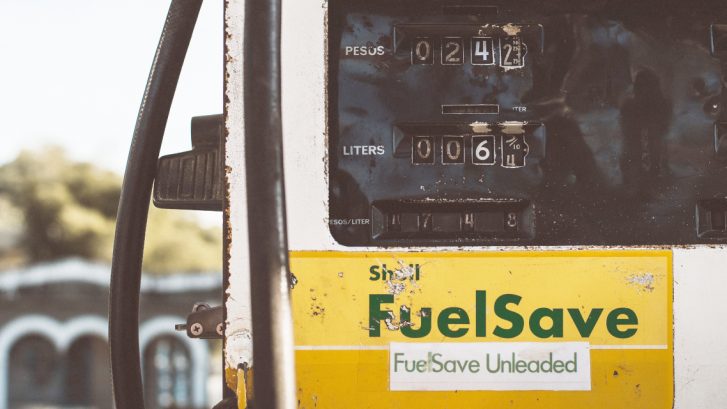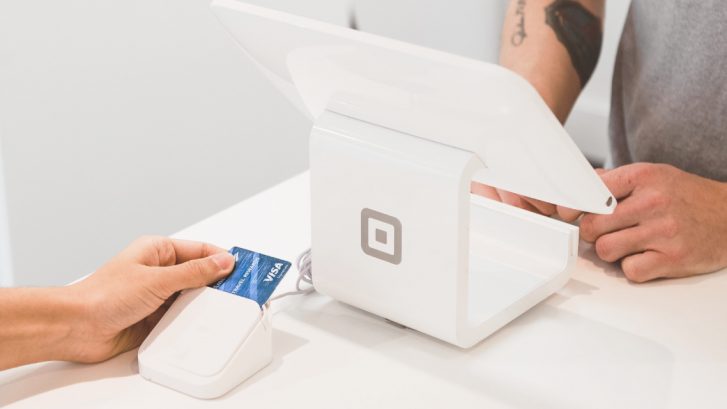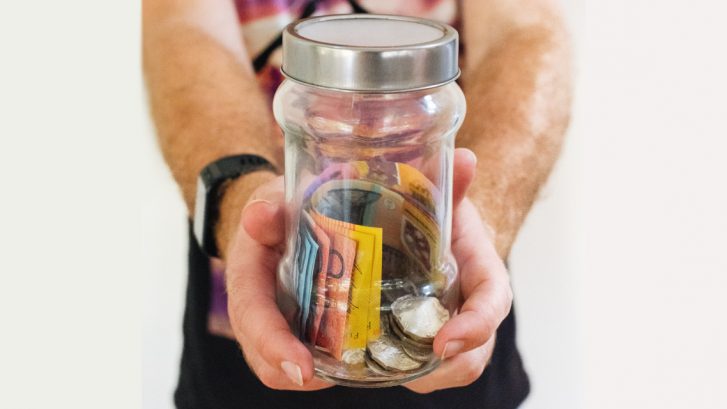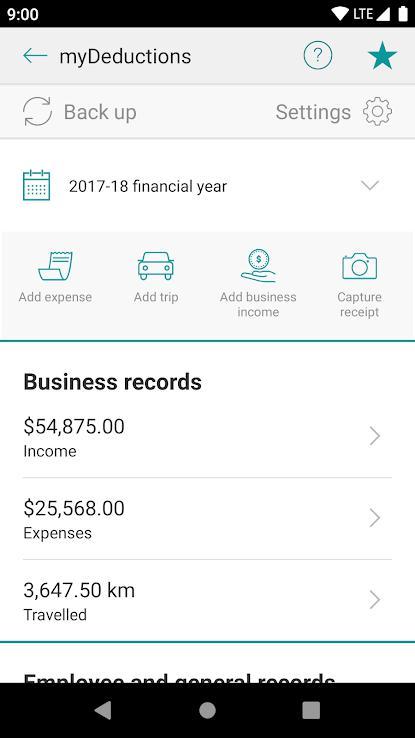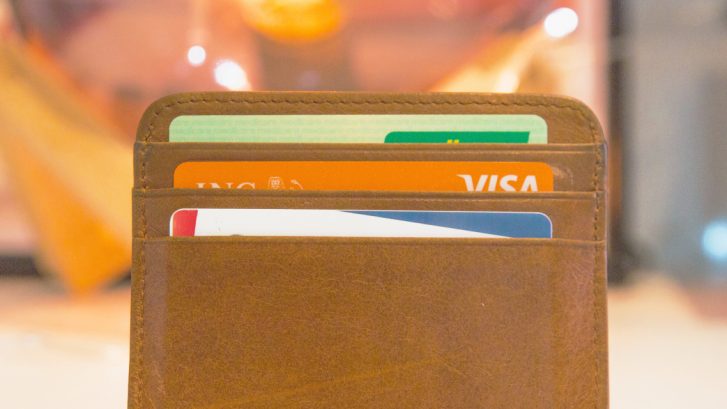According to a study, it appears most Australians can’t tell the exact amount they spend on expenses. As a result, they usually forget to include some into their budget. The following are the easily forgotten expenses on a regular basis.
1. Annual physical
We are supposed to have an annual physical and go to the dentist 2x a year for checkups and regular cleanings. There are other regular tests or preventative screenings you should also get, depending on your age.
2. Medication
The medication cost can really use up your budget if your family use a lot of medicines. The government has programs, such as the Pharmaceutical Benefits Scheme (PBS) and Medical Safety Nets, for help.
3. Haircuts
Men’s haircuts are way cheaper than women’s and can be had for $10-$20. Unless they’re maintaining a short hairstyle, women tend to pay more for a simple wash and trim. How much more depends on the style and extras.
4. Babysitter
You need a break from looking after your kids time and again. Babysitters are lifesavers that can keep you sane.
Typically, when you hire a babysitter, you want to treat them well as you’d like them to come back and sit for you repeatedly. You’re putting them in charge of your kid’s safety, so paying the right price for their service is essential.
5. Pet Care
Australia has one of the highest rates of pet ownership in the world. About 62% of Australian households own pets. There are an estimated 24 million, or more, pets in Australia.
Australians spend the most on:
- dogs — estimated $1,475 each, annually
- cats — estimated $1,029 each, annually.
This is on average, where some pets will cost more than others.
6. Car insurance & registration
All registered vehicles, except trailers, in Australia is required by law to a minimum insurance — the compulsory third party personal injury (CTP Greenslip) insurance. Every car with a current registration sticker has this insurance as vehicles cannot be registered without this certificate.
CTP insurance covers everyone involved in a motor vehicle accident for medical and disability costs that result from the accident — except the driver who caused the accident.
7. Oil change
Along with regular car inspection, do not forget to include oil change in your budget calendar. Before an oil change, most cars today can go much farther than 5,000 kilometres (or every 3 months). Usually, it’s between 8,000 and 12,000 kilometres, or up to 16,000 kilometres.
Some newer vehicles have oil monitoring systems to remind you when it’s time to change your oil. You can check your car’s owners manual for recommendation from the manufacturer.
8. HVAC maintenance
Maintaining your heating, ventilation, and air conditioning (HVAC) should be a regular thing. With extreme temperatures these days, a preventative maintenance schedule is essential for all HVAC equipment. Work this into your budget in spring or fall.
9. Pest prevention
Pest prevention is easier than cure. Controlling pests and preventing their return needs knowledge as well as great products. Look for professional solutions for your pest control or search for DIY tips and guides online.
10. Taxes
Don’t let taxes sneak up on you, whether you’re a business owner or a freelancer. Always set aside for your taxes from your salary each month. Use a registered tax agent when lodging your tax return and skip the stress.

Unsecured loans in Australia
Are you in need of quick loans? Does it have to be approved urgently — with no long wait times or paperwork?
Tell Cigno Loans how much you want to borrow. By analysing your bank statement, they’ll figure out what kind of loan is best suited to you (i.e. unsecured loans, or emergency loans).
You will need to provide your bank statements for at least the last 90 days before you apply online.
Note: Use Credit Sense to upload your statement. It’s secure, quick, and easy!






